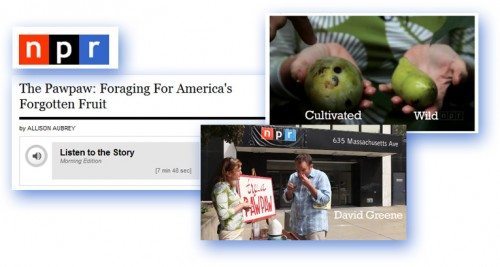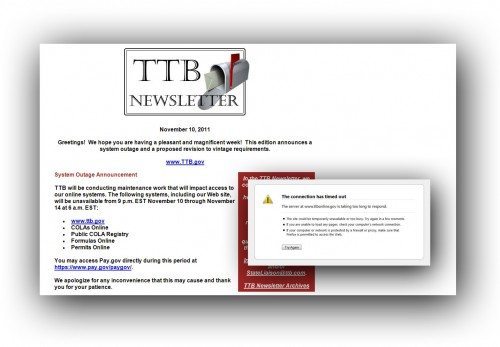Last week The New York Times had a good article entitled “With Rude Names, Wine Stops Minding Its Manners.” The article focused on the wide variety of Bitch-themed wines in the US marketplace. The article describes Royal Bitch as:
one of a teeming sisterhood of cabernets and chardonnays from a variety of producers with labels like Sassy Bitch, Jealous Bitch, Tasty Bitch and Sweet Bitch. They’re reinforcements for a growing army of rude, budget-priced wines that have shoved their way into wine stores and supermarkets in the past few years — most recently Happy Bitch, a Hudson Valley rosé that made its debut last month.
The article closes by saying:
Winemakers have some way to go before equaling the shock value of Jersey’s Toxic Waste, a specialty spirit. But the bitch category may yield dividends. Take Rae-Jean Beach, a blended white wine. (The name needs to be said aloud.) She’s got a husband, a zinfandel. Sorry, but the name is not printable here.
Though Mrs. Pedasso’s husband may be too “rude” for publication within the august confines of The New York Times Dining Section, it is my pleasure to bring back Mr. Stu Pedasso and his lovely...
Continue Reading Leave a Comment




